Building on success, TB program transitions to local organizations in Nigeria
After a successful program in Nigeria, SHOPS Plus will transition its public-private TB model to local organizations. From 2017 through 2021, the SHOPS Plus program aimed to increase TB case detection and treatment through the private sector in Lagos, Kano, and 14 additional states. The need was clear: Nigeria has one of the lowest case detection rates among high TB burden countries, with just 138,591 cases (31 percent) reported in 2020 (WHO, 2021). Although the public sector delivers most TB treatment, care-seeking often starts in the private sector.
A public-private model
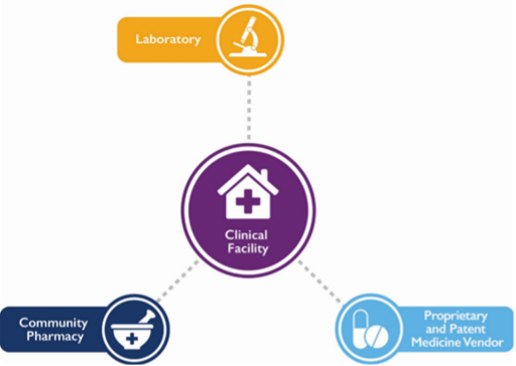
Seeing this opportunity, SHOPS Plus used a public-private mix model to establish integrated, multi-cadre hub-and-spoke networks of clinical providers, patent proprietary medicine vendors, community pharmacists, and labs. In the model, the non-clinical facilities (spokes) refer clients to clinical facilities (hubs) for TB diagnosis and treatment. The program recruited and trained two organizations, Loving Gaze in Lagos and Society for Family Health in Kano, to act as intermediaries. Their function was to support the networks and ensure reporting and quality TB service delivery. Over four years, private providers working with SHOPS Plus screened 6,196,819 clients, and tested 91 percent of the 408,126 clients identified with presumptive TB. These services led to 26,957 TB diagnoses, of which 22,341 were placed on treatment in the private sector.
Closing the TB detection gap with the private sector
According to the WHO's Global TB Report, Nigeria had an estimated TB incidence of 452,000 cases in 2020, with over two-thirds not reported as diagnosed and treated. Nigeria's private health sector has grown considerably in the last few decades and is a significant source of care for other health areas. As the public sector delivers most TB treatment in the country, the private sector represented a vital resource to help close the detection gap.
In Lagos, the private sector contribution to TB case notification increased from 12 percent in 2017 to 26 percent of all TB cases notified in 2020. In Kano, it grew from three percent in 2017 to 24 percent in 2020.
Key results from the program
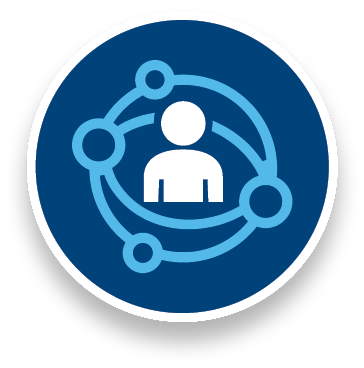 |
6,196,819 Clients screened for TB |
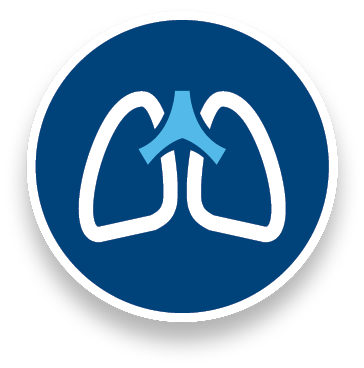 |
408,126 Clients identified with presumptive TB |
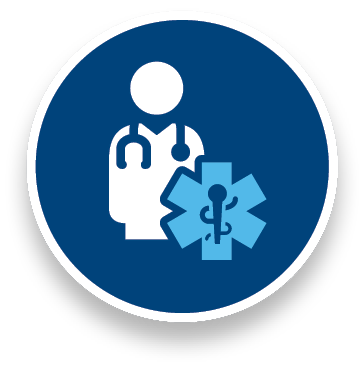 |
371,570 Clients tested for TB |
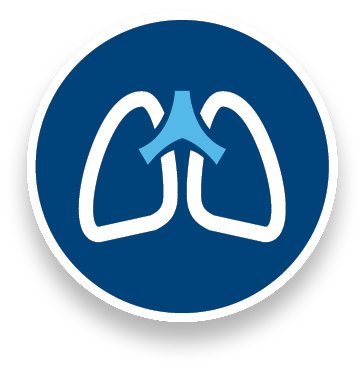 |
26,957 Clients diagnosed with TB |
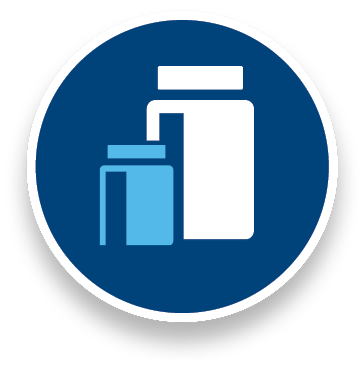 |
22,341 Clients on TB treatment in the private sector |
As the project ends, the work continues
Early on, SHOPS Plus recognized that intermediary organizations needed support and capacity building to take on more responsibility for managing the networks. By the end of the program, the organizations had demonstrated their oversight capabilities. The TB program will transition to the USAID-funded local organization network projects to continue managing the 906 private providers in networks in Lagos and 843 private providers in networks in Kano—a significant achievement
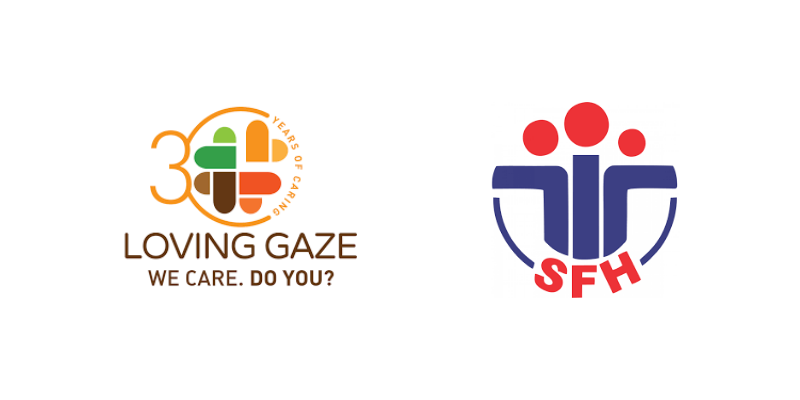
Over 5,000 trained private providers will continue to provide TB services in 16 states across Nigeria thanks to the transition of support from SHOPS Plus to the USAID-funded local organization network projects and the State Tuberculosis and Leprosy Control Programs. The intermediary organizations will also continue to provide their expertise in acting as a bridge between the private and public sectors for TB care and treatment in Lagos and Kano under the funding of the local organization network projects.
The project's legacy
From the beginning, building consensus and collaboration between all partners, public and private, was key to the success and sustainability of this model. SHOPS Plus included the national and state governments in all program activities, from developing the implementation approach to building the capacity of the state teams to manage logistics and have the private sector in supervision systems. The program improved the engagement between the public and private sectors by demonstrating—through the signing of memoranda of understanding that ensured the private sector had trained providers, access to commodities, and supervision—that the private sector could make a significant contribution to increasing access to quality TB services in Nigeria.